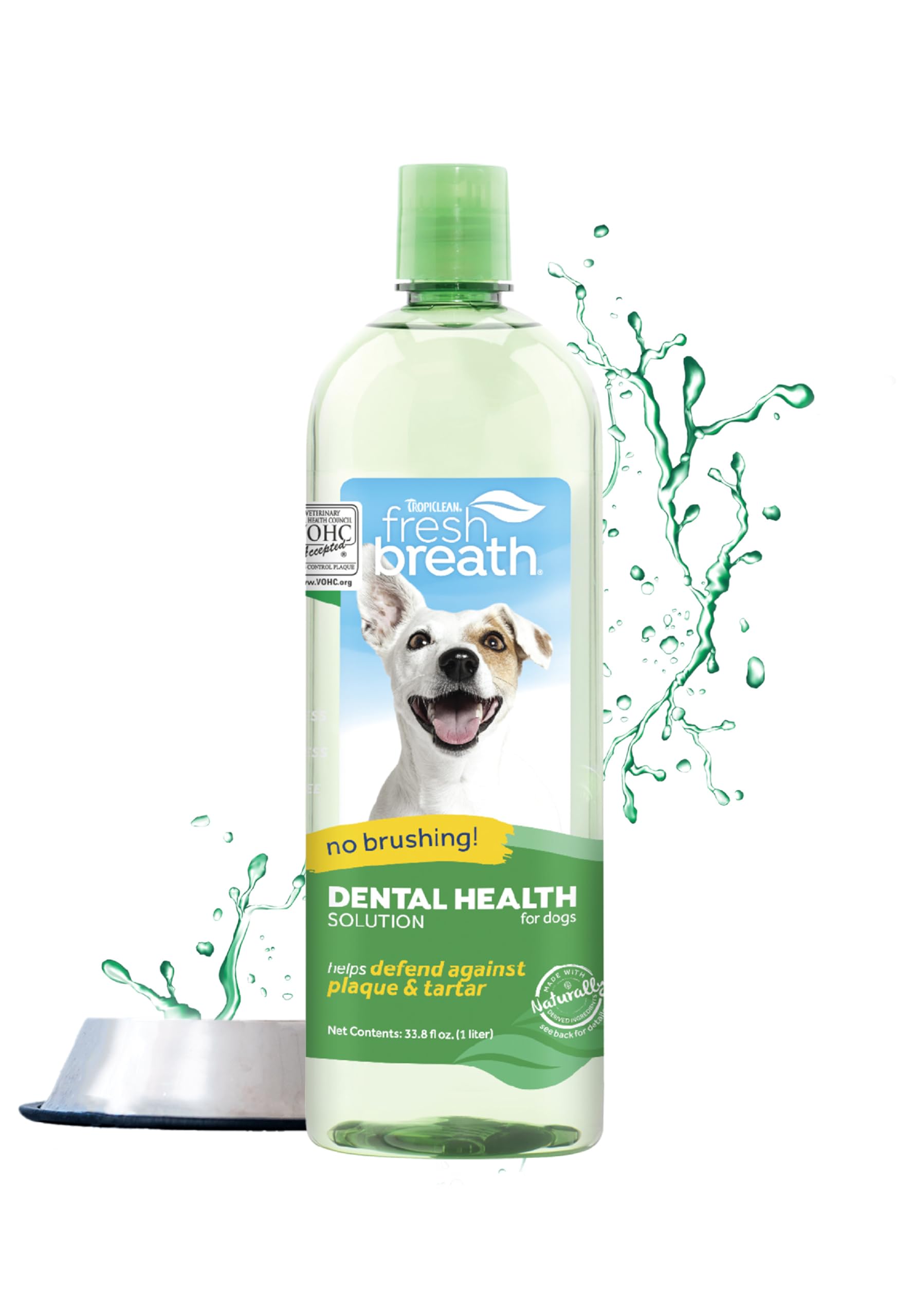Essential Guide to Poppy Seeds: Understanding How Many to Test Positive in 2025
Poppy seeds come from the opium poppy plant and have been used in various culinary applications for centuries. However, they are also known for their potential to cause positive drug test results for opiates. With the increasing number of drug tests in various sectors, understanding poppy seeds' role in this context is crucial, especially with upcoming changes in drug testing methodologies in 2025.
This guide will provide an in-depth look at how many poppy seeds might lead to a positive drug test, the science behind opiate detection, and practical tips on consumption. We will cover the implications of poppy seed ingestion, the detection windows for urine and blood tests, and how best to navigate the challenges posed by poppy seed products. We'll also discuss responsible consumption, legal considerations, and expert opinions on poppy seed use and its associated risks.
Ultimately, this essential guide will inform readers about the health effects of consuming poppy seeds, help them understand the drug testing landscape, and lead to better decision-making regarding consumption practices.
Understanding Drug Testing and Poppy Seeds
Before delving into how many poppy seeds are necessary to test positive, it's important to understand the mechanisms of drug testing, especially regarding opiates like morphine and codeine. Drug tests are designed to identify illicit substances and their metabolites, often leading to unexpected results due to legal substances like poppy seeds.
How Opiates are Detected in Drug Tests
Drug tests typically look for specific metabolites in urine or blood samples. When poppy seeds are consumed, they can introduce trace amounts of morphine and codeine into the body, similar to that of opiate-based drugs. The thresholds for detecting these substances can vary, leading to false positives if not managed correctly. Understanding how opiates are detected can help consumers be more aware of the risks associated with the food they eat.
Testing Limitations and Challenges
One of the significant challenges in drug testing is the potential for false positives, particularly when it comes to substances found in everyday foods. Many drug testing protocols haven't been updated to accommodate the shifts in consumption patterns that include foods like poppy seed muffins or poppy seed tea. This oversight can result in individuals unknowingly facing consequences for legal food consumption. Addressing these limitations is essential as testing protocols evolve.
Factors Affecting Drug Test Results
Several factors can influence drug test outcomes relating to poppy seed ingestion. The amount consumed, frequency of testing, and even individual metabolic rates can significantly affect the results. A single poppy seed muffin may not yield detectable levels of opioids but consuming larger quantities or drinking poppy seed tea might push the limits, leading to positive testing outcomes. Understanding these factors is vital for anyone concerned about the implications of consuming foods containing poppy seeds.
How Many Poppy Seeds to Test Positive?
While the precise number can vary based on individual metabolism and the type of drug test conducted, studies have shown that even small amounts of poppy seeds can lead to positive drug test results for opiates. For instance, the consumption of 1-2 poppy seed muffins could potentially result in a positive test, depending on the specific levels of opiates in the seeds themselves.
Poppy Seed Content Analysis
Research indicates that the morphine and codeine content can vary significantly depending on the source of the poppy seeds. Some studies suggest that a heavier concentration of seeds can dramatically increase the likelihood of testing positive. For consumers, it’s crucial to be aware of where their poppy seeds come from and the potential opiate levels associated with them.
Average Dosage and Consumption Recommendations
Experts recommend moderation when consuming poppy seeds, especially for those who may undergo drug screenings. Limiting intake to small quantities— a tablespoon or two at most— can mitigate the risks of testing positive. Consulting with a healthcare professional regarding safe consumption levels can further help individuals assess their risks based on personal dietary habits.
Opiate Detection Timelines
The detection window of opiates from poppy seed ingestion can range greatly. Generally, these substances can remain in a person’s system for 1 to 3 days after consumption. Understanding this timeline is critical for individuals who may face drug tests shortly after consuming poppy seed products.
Legal Considerations and Poppy Seed Consumption
The legal implications surrounding poppy seed ingestion and subsequent positive drug tests are complex and vary widely by location and industry. An increasing awareness of the poppy-seed-related false positives has led some regulatory bodies to reexamine their testing thresholds and practices. It’s essential to stay informed about local laws and testing protocols to avoid unnecessary legal issues.
Poppy Seed Products and Legal Limits
Various food sources contain poppy seeds, including breads, cookies, and oils. Legal limits for opiate detection in these products can differ based on individual preferences and industry regulations. As more understanding of the links between poppy seeds and drug testing arises, consumers can look for lower opiate content options to minimize their risk.
Public Awareness and Health Risks
Public awareness regarding poppy seeds and their potential to cause positive drug tests is critical in many sectors. Increased educational campaigns about drug testing and food interactions could help mitigate misinformation and potentially reduce positive results. Additionally, understanding that poppy seeds may pose health risks for some— such as allergies or sensitivities— is paramount to promoting safe consumption habits.
Expert Opinions on Poppy Seed Ingestion
Experts in drug testing often emphasize the importance of responsible consumption of poppy seeds. While many culinary traditions embrace the use of poppy seeds, professionals advocate understanding the implications of ingestion, particularly for groups that face frequent drug tests, such as athletes or certain job sectors.
Expert Recommendations for Responsible Consumption
To avoid confusion during drug screenings, experts recommend limiting poppy seed consumption, maintaining a balanced diet, and understanding the specific tests your employer may use. For those concerned about test outcomes, alternative food sources should be considered to ensure compliance with testing standards and regulations.
Detox Methods and Reducing Positive Test Risks
Although consuming poppy seeds is generally safe for most, the use of detox methods might be considered for those looking to clear substances more rapidly from their systems. Staying hydrated, engaging in physical activity, and focusing on a healthy diet can assist the body's natural detoxification processes. Furthermore, regular monitoring of urine and blood tests can inform individuals about their status to adapt consumption habits accordingly.
Q&A: Common Concerns Regarding Poppy Seed Consumption
What are the main health effects of poppy seed ingestion?
Poppy seeds are generally safe when consumed in moderation, offering a source of nutrients such as healthy fats, protein, and minerals. However, high consumption may lead to adverse effects, particularly for individuals with sensitivities or allergies.
How long do poppy seeds stay in the system?
Typically, opiates can be detected in the system for 1-3 days after ingestion, but individual metabolism can affect this window.
Can I still eat poppy seed muffins if I am subject to drug testing?
While enjoying a poppy seed muffin occasionally is unlikely to pose a significant risk, regular consumption might lead to positive drug tests. It's important to be mindful of your testing schedule and consider the frequency of consumption.
Are there any legal implications from testing positive due to poppy seeds?
Depending on your location and sector, positive results from legal food consumption like poppy seeds can lead to complications. Consulting legal resources is recommended to ensure compliance with local laws.
What are the current expert recommendations for consuming poppy seed products?
Experts suggest moderation and remaining aware of the quantity of poppy seeds consumed, particularly before any scheduled drug testing. Choosing reputable food sources and being informed about their opiate content can mitigate risks.


